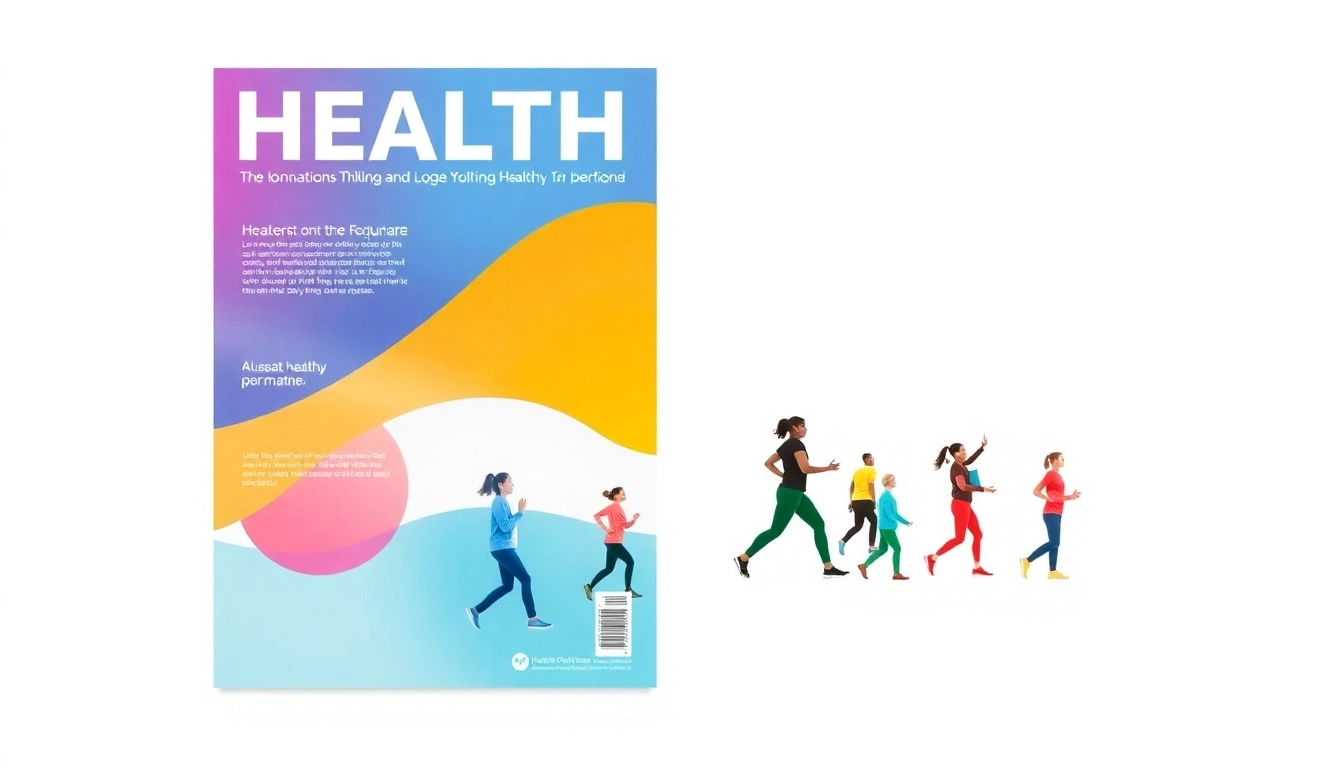Introduction to VDAP and Its Importance
The Voluntary Disciplinary Alternative Program, more commonly referred to as VDAP, is an initiative designed to support nurses facing disciplinary actions in Alabama. This program serves not only as a corrective measure but also promotes the rehabilitation and support of nurses, enabling them to continue their professional journey while addressing any substance abuse or mental health issues. Understanding the intricacies of VDAP provides valuable insights into its role in the nursing profession and the broader healthcare landscape.
What is VDAP?
VDAP is a program established by the Alabama Legislature aimed at offering an alternative route for nurses who are dealing with disciplinary actions that stem from substance use or mental health concerns. It emphasizes early intervention and aims to mitigate potential harm through a structured support system. The program allows participants to voluntarily enter a rehabilitation plan that includes educational sessions, therapy, and monitoring in a confidential environment. This proactive approach not only assists nurses in regaining their competence but also ensures patient safety and public trust in the nursing profession.
Benefits of VDAP for Nurses
The benefits of participating in VDAP are multifaceted. First and foremost, it provides nurses with a chance to address their issues without the stigma associated with disciplinary action. Engaging in the program often results in the preservation of a nurse’s license, allowing them to maintain their employment and livelihood. Furthermore, the structured support system offered by VDAP is designed to cater to individual needs, enabling nurses to work towards recovery while receiving the necessary tools to succeed professionally.
Additionally, nurses who complete the program often report improved mental health, enhanced coping skills, and a renewed sense of purpose in their careers. This not only aids in their recovery but also contributes positively to the overall healthcare environment. By fostering a culture of accountability and support, VDAP plays a crucial role in elevating the standards of nursing practice.
The Role of VDAP in Nursing Profession
VDAP is significant in the healthcare industry as it underscores the importance of rehabilitation over punishment. By facilitating a pathway for recovery, it encourages nurses to seek help without the fear of losing their professional standing. Consequently, this initiative contributes to a healthier work environment and reinforces the ethical standards expected in nursing practice. Additionally, VDAP helps to reduce the stigma surrounding mental health and substance use issues, promoting a more compassionate understanding of challenges that healthcare providers may face.
Eligibility and Application Process for VDAP
Who Can Apply for VDAP?
Eligibility for VDAP is primarily targeted at licensed nurses in Alabama who find themselves facing disciplinary action due to substance use or mental health-related issues. To qualify, nurses must voluntarily disclose their issues and demonstrate a genuine willingness to pursue recovery through the program. Potential applicants may include those who have been reported to the Alabama Board of Nursing or those who have self-identified their need for assistance before any disciplinary proceedings have been initiated.
Steps in the VDAP Application Process
The application process for VDAP is straightforward yet detailed, ensuring that candidates meet the necessary criteria for enrollment. Here are the key steps involved:
- Initial Self-Assessment: Prospective applicants should conduct a self-evaluation of their current circumstances, recognizing their need for assistance.
- Contacting the Program Administrator: Candidates must reach out to the VDAP administrator to discuss their situation and express their interest in participating in the program.
- Submission of Application: Once a nurse decides to proceed, they must complete a formal application that outlines their circumstances and commitment to recovery.
- Interview and Evaluation: After reviewing applications, the program will conduct interviews to assess the applicant’s readiness for the program.
- Enrollment: Eligible candidates will then be enrolled in VDAP and work closely with a case manager to develop a tailored recovery plan.
Documentation Required for VDAP Application
To streamline the application process, specific documentation is required from candidates. This usually includes:
- Proof of nursing licensure in Alabama.
- A personal statement detailing their circumstances and reasons for seeking help.
- Medical records relevant to substance use or mental health issues, if applicable.
- Letters of support from therapists or other healthcare providers.
This documentation not only verifies eligibility but also assists the program administrators in tailoring support solutions best suited for each individual nurse.
Navigating Challenges Within the VDAP Framework
Common Issues Nurses Face in VDAP
While VDAP serves as a supportive mechanism, participants may encounter several challenges during their journey. Common issues include:
- Initial resistance to admitting the need for help, stemming from stigma or fear of repercussions.
- Lack of understanding regarding the program’s expectations and requirements, which can lead to disengagement.
- Difficulty in managing their recovery journey alongside professional responsibilities and personal life.
- External pressures, such as family or financial concerns, that can impede progress in the program.
Best Practices for Managing VDAP Challenges
Addressing these challenges is essential for successful navigation of the VDAP framework. Here are some best practices:
- Open Communication: Participants should maintain transparent communication with their case managers and support networks. This ensures that any arising issues can be addressed promptly.
- Set Realistic Goals: Establishing achievable goals can help delineate a clear path towards recovery and facilitate motivation.
- Utilize Support Systems: Nurses should actively engage in group therapy or peer support sessions, leveraging shared experiences to foster resilience.
- Prioritize Self-Care: Incorporating self-care practices into daily routines can enhance physical and mental well-being, promoting a balanced recovery journey.
Support Resources Available for Nurses
The support structure surrounding VDAP is extensive and designed to provide comprehensive assistance to its participants. Resources may include:
- Access to licensed therapists specializing in addiction and recovery.
- Individual counseling sessions that focus on personal development and coping strategies.
- Group therapy options that allow for shared experiences and collective healing.
- Workshops and educational resources focusing on stress management, emotional resilience, and life skills.
Furthermore, the program may also offer referrals to community-based support groups, fostering an inclusive recovery experience for nurses.
Success Stories and Outcomes of VDAP Participation
Real-life Examples of VDAP Benefits
The stories of nurses who have successfully navigated VDAP are powerful testaments to the program’s impact. Many report transformative experiences, citing how VDAP allowed them to confront their challenges head-on, pursue meaningful rehabilitation, and maintain their careers. For instance, a nurse who previously struggled with substance abuse mentioned that participation in VDAP helped her regain her license, improve her mental health, and even secured a promotion in her workplace after completing the program.
Impact of VDAP on Nursing Careers
VDAP not only addresses immediate concerns related to substance abuse and mental health but also strengthens the long-term career prospects of nurses. Many participants experience a renewed sense of purpose and enhanced professional skills post-program, leading to greater job satisfaction. By prioritizing their recovery, nurses often become more empathetic and understanding colleagues, contributing positively to workplace culture.
Long-term Outcomes of VDAP Engagement
Engagement in VDAP can lead to lasting positive outcomes. Many participants maintain their recovery long after completing the program due to the skills and coping mechanisms they acquire. Additionally, studies indicate that nurses who go through VDAP have lower relapse rates compared to those who do not have access to structured support systems. This long-term success underscores the effectiveness of the program as a rehabilitative resource in the nursing profession.
Conclusion and Future of VDAP in Nursing
Current Trends and Developments in VDAP
As healthcare systems evolve, so does the need for innovative approaches to managing substance abuse and mental health within the nursing workforce. Current trends in VDAP are poised to incorporate more nuanced approaches, such as integrating technology for remote support and enhancing outreach programs to reach a wider audience. Furthermore, ongoing evaluations and adaptations of the program ensure that it meets the changing needs of nursing professionals.
The Future Landscape for VDAP Programs
The future of VDAP presents exciting opportunities. Commitment to developing partnerships with healthcare facilities to create supportive workplace environments will be crucial. By fostering open discussions about mental health and wellness, the stigma surrounding these issues can be minimized further, enabling more nurses to seek help.
Final Thoughts on VDAP’s Role in Nursing
In summary, the VDAP offers a vital support structure for nurses, emphasizing recovery over punitive measures. As the healthcare landscape continues to shift, VDAP will remain pivotal in ensuring nurses have the resources necessary to regain their footing in their careers. By understanding and participating in programs like VDAP, nurses can embark on a path to recovery, professional development, and sustained success in their careers, ultimately contributing to a safer and more resilient healthcare system.


